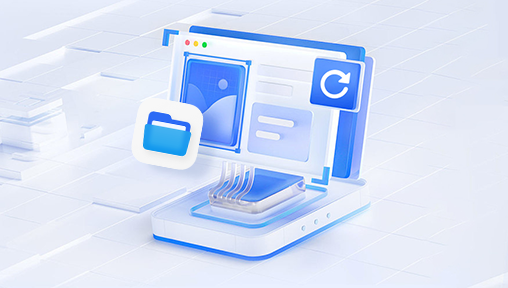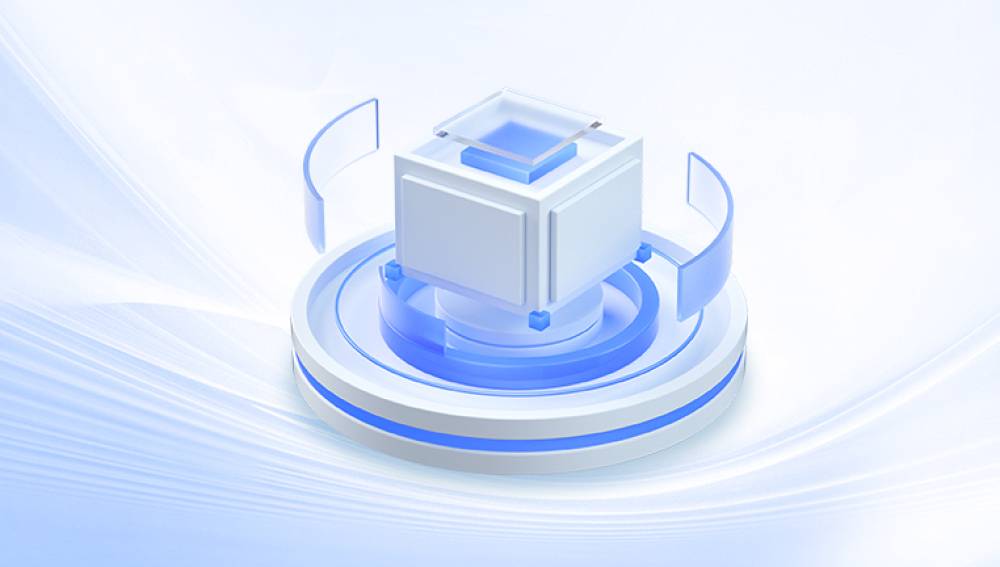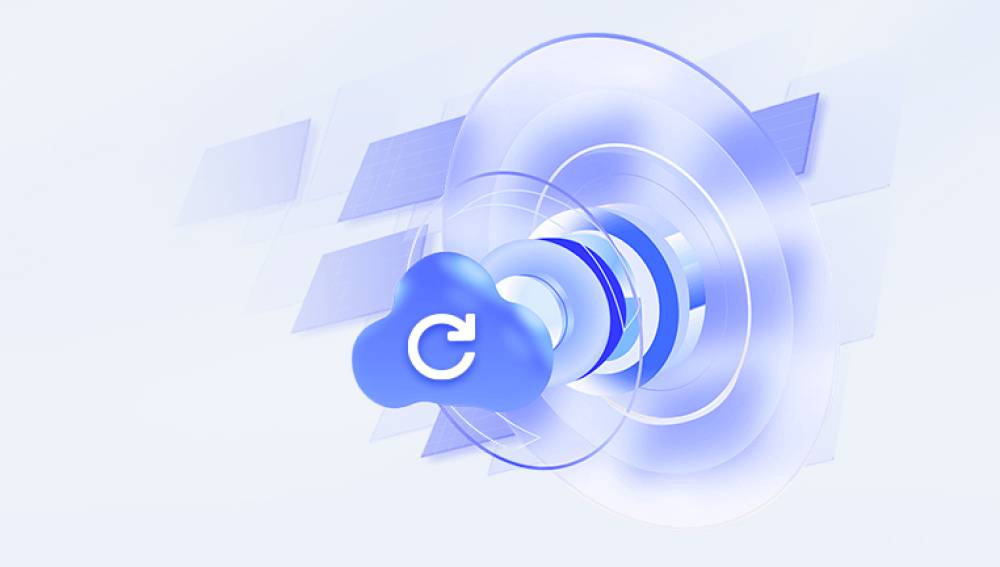Data recovery software is essential for retrieving lost, deleted, or inaccessible data from various storage media such as hard drives, SSDs, USB drives, memory cards, and more. Several data recovery tools are available, each with unique features and capabilities. Here’s a detailed look at some of the most popular data recovery software:
The most important aspect of data recovery software is still security, practicality, easy operation, and privacy prevention from leakage. These Drecov Data Recovery software can all achieve this, and are among the best in the industry.
https://recovery.pandaoffice.com/data-recovery-windows/

1. EaseUS Data Recovery Wizard
Overview: EaseUS Data Recovery Wizard is a widely-used tool known for its user-friendly interface and powerful recovery capabilities. It can recover files from various storage devices and is suitable for both personal and professional use.
Features:
Recovers lost or deleted files, photos, music, and emails.
Supports recovery from formatted, damaged, or inaccessible drives.
Compatible with HDDs, SSDs, USB drives, and memory cards.
Offers a preview function to view recoverable files before recovery.
Supports both Windows and macOS.
Advantages:
Easy to use with a simple interface.
Comprehensive recovery options.
Regular updates and good customer support.
Disadvantages:
The free version has a limited recovery capacity.
The full version can be relatively expensive.
2. Recuva
Overview: Recuva is a popular data recovery tool from Piriform, known for its effectiveness and ease of use. It's particularly favored by users looking for a free solution.
Features:
Recovers files from damaged or newly formatted drives.
Includes a deep scan mode for buried files.
Securely deletes files to prevent future recovery.
Compatible with Windows.
Advantages:
Free version available with essential features.
Easy to navigate with a clear interface.
Fast and efficient recovery process.
Disadvantages:
Less effective with severely damaged or overwritten data.
No macOS version.
3. Disk Drill
Overview: Disk Drill is another robust data recovery software offering a variety of features for data protection and recovery. It supports a wide range of file systems and storage devices.
Features:
Recovers over 400 file formats.
Supports recovery from internal and external drives, USBs, and memory cards.
Includes additional disk tools like data protection and backup.
Compatible with Windows and macOS.
Advantages:
Wide range of supported file types and systems.
User-friendly interface with additional disk management tools.
Free version available with a good range of features.
Disadvantages:
The full version can be costly.
Some advanced features are only available in the paid version.
4. Stellar Data Recovery
Overview: Stellar Data Recovery is a powerful tool designed to recover lost or deleted data from various storage devices. It's known for its extensive compatibility and strong recovery capabilities.
Features:
Recovers data from hard drives, SSDs, USBs, and optical media.
Supports recovery of documents, emails, photos, and multimedia files.
Includes a preview feature to view files before recovery.
Compatible with Windows and macOS.
Advantages:
Comprehensive recovery options.
Strong support for different file types and devices.
Reliable customer support and regular updates.
Disadvantages:
The free version has limited recovery capacity.
The advanced features are only available in the premium version.
5. R-Studio
Overview: R-Studio is a professional data recovery software designed for advanced users and IT professionals. It provides powerful recovery options and supports various file systems and storage devices.
Features:
Recovers data from local disks, removable disks, and network drives.
Supports a wide range of file systems including NTFS, FAT, HFS+, and more.
Includes advanced tools like disk imaging and RAID recovery.
Compatible with Windows, macOS, and Linux.
Advantages:
Advanced recovery options for complex data loss scenarios.
Supports multiple file systems and storage devices.
Professional-grade features and tools.
Disadvantages:
Steep learning curve for beginners.
Higher cost compared to basic recovery tools.
6. PhotoRec
Overview: PhotoRec is an open-source data recovery software designed to recover lost files including videos, documents, and archives from various storage devices.
Features:
Recovers a wide range of file formats.
Supports hard drives, CDs, and various memory cards.
Works with numerous file systems like FAT, NTFS, ext2/3/4. and HFS+.
Available for multiple operating systems including Windows, macOS, and Linux.
Advantages:
Free and open-source.
Effective at recovering a variety of file types.
Cross-platform compatibility.
Disadvantages:
Command-line interface may be challenging for some users.
Limited advanced features compared to paid software.
7. Ontrack EasyRecovery
Overview: Ontrack EasyRecovery is a comprehensive data recovery solution suitable for both individuals and businesses. It offers a range of recovery options and additional disk utilities.
Features:
Recovers data from damaged or corrupted drives.
Supports a variety of file systems and storage devices.
Includes features like disk diagnostics and repair.
Compatible with Windows and macOS.
Advantages:
User-friendly with a straightforward interface.
Strong recovery capabilities.
Includes additional tools for disk management.
Disadvantages:
The free version has limited features.
The full version is relatively expensive.
8. TestDisk
Overview: TestDisk is another open-source data recovery tool aimed at recovering lost partitions and making non-booting disks bootable again. It's particularly useful for advanced users and IT professionals.
Features:
Recovers lost partitions and fixes disk boot issues.
Supports a wide range of file systems including FAT, NTFS, ext2/3/4. and more.
Available for multiple operating systems including Windows, macOS, and Linux.
Advantages:
Free and open-source.
Powerful recovery options for partitions and boot issues.
Cross-platform support.
Disadvantages:
Command-line interface may be difficult for beginners.
Not focused on individual file recovery.
9. MiniTool Power Data Recovery
Overview: MiniTool Power Data Recovery is a reliable data recovery software known for its effectiveness and ease of use. It's suitable for recovering lost or deleted files from various storage devices.
Features:
Recovers data from hard drives, SSDs, USBs, and more.
Supports recovery of documents, emails, photos, and multimedia files.
Offers a preview function for viewing files before recovery.
Compatible with Windows and macOS.
Advantages:
User-friendly interface.
Effective recovery options for different file types.
Free version available with basic features.
Disadvantages:
The free version has limited recovery capacity.
Advanced features are only available in the premium version.
10. GetDataBack
Overview: GetDataBack is a data recovery software designed for advanced users and professionals. It provides powerful recovery options and supports various file systems and storage devices.
Features:
Recovers data from FAT, NTFS, exFAT, and EXT file systems.
Supports recovery from hard drives, SSDs, USBs, and memory cards.
Includes advanced tools for complex recovery scenarios.
Compatible with Windows.
Advantages:
Advanced recovery options for complex data loss.
Supports multiple file systems and storage devices.
Professional-grade features.
Disadvantages:
Steep learning curve for beginners.
Higher cost compared to basic recovery tools.
Choosing the right data recovery software depends on various factors, including the type of data loss scenario, the user's technical expertise, and budget. EaseUS Data Recovery Wizard and Stellar Data Recovery are excellent choices for users seeking comprehensive and user-friendly solutions. Recuva and PhotoRec are ideal for those looking for free or open-source options. Advanced users and IT professionals may prefer R-Studio and TestDisk for their powerful and sophisticated recovery capabilities. Each of these tools offers unique features and benefits, making it important to evaluate them based on individual needs and requirements.




